NRC approves simplified mandatory hearings
The Nuclear Regulatory Commission is simplifying procedures for mandatory hearings on licensing commercial nuclear power plants and uranium enrichment facilities.

The Nuclear Regulatory Commission is simplifying procedures for mandatory hearings on licensing commercial nuclear power plants and uranium enrichment facilities.
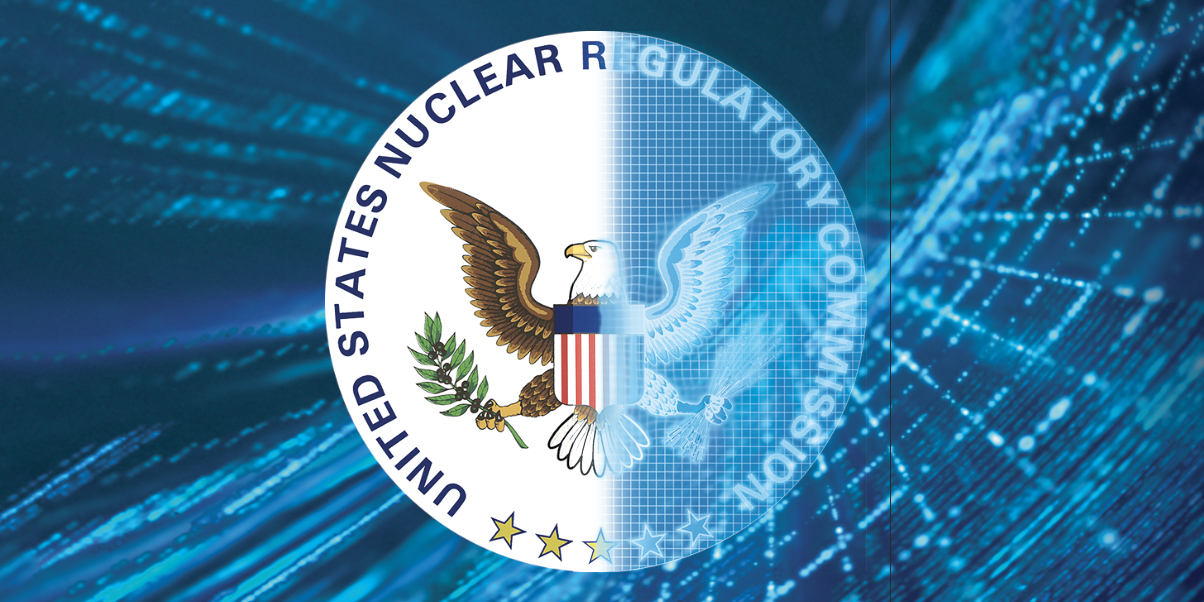
The Nuclear Regulatory Commission is seeking qualified candidates for open positions on its Advisory Committee on Reactor Safeguards.

The European Commission has issued a positive opinion on the technical and nuclear safety aspects of the construction of Units 3 and 4 at Cernavoda nuclear power plant in Romania.
Under the Euratom Treaty, nuclear project developers are required to notify the EC of planned investments and to demonstrate compliance with the highest nuclear safety standards.
The Nuclear Regulatory Commission and the Federal Emergency Management Agency have signed a revised memorandum of understanding establishing a framework for the agencies to cooperate on emergency preparedness for commercial nuclear power plants.

Dutton
The only nuclear reactor in Australia is a small one in the Sydney suburb of Lucas Heights, which has been used to produce medical radioisotopes since 1958. Recently, the Hon. Peter Dutton, Parliament’s leader of the opposition to the Labor-led government, announced his plan to get the country into the nuclear energy business by building five large reactors and two small modular reactors by 2050.
Criticizing the government’s “renewables-only” energy policy, Dutton promised to have the first nuclear reactor operating by the mid-2030s, should his Liberal–National Coalition win power in the next federal election (to be held on or before September 27, 2025). That promise, which would require overturns of existing federal and state bans on nuclear energy, has generated a great deal of controversy in Australia among government officials, political activists, and nuclear engineers.
The American Nuclear Society brought together 11 other energy and environmental advocacy organizations in calling on Congress to fund the Environmental Protection Agency to develop a new, technology-neutral, generic environmental standard for the disposal of spent nuclear fuel and high-level radioactive waste in the United States.
In a letter to the leaders of the House and Senate appropriations committees, the groups ask for an additional $3 million in fiscal year 2025 for the EPA’s Office of Radiation and Indoor Air to work on the new standard.
The Nuclear Regulatory Commission is amending regulations for the licensing, inspection, special projects, and annual fees it will charge applicants and licensees for fiscal year 2024.
The U.S. Senate yesterday passed the Accelerating Deployment of Versatile, Advanced Nuclear for Clean Energy (ADVANCE) Act, sending legislation that would make sweeping changes to the approval process for new technology in the nuclear energy sector to President Biden for final approval.
The legislation passed with an overwhelming majority in the Senate—the vote was 88–2—having cleared the House of Representatives in May.
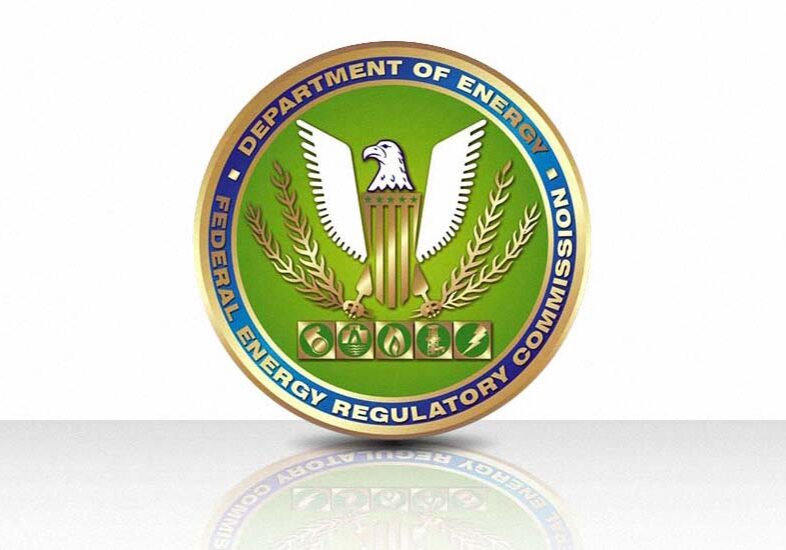
The U.S. Senate voted last week to put three new members on the Federal Energy Regulatory Commission, a bipartisan energy oversight board.
The chamber confirmed the nominations of Republican Lindsay See and Democrats David Rosner and Judy Chang. The votes on the nominations were 86–9, 68–26 and 63–33, respectively.
The staff of the Nuclear Regulatory Commission have sent a proposed rule covering the disposal of low-level radioactive waste to the agency’s commissioners for approval. The proposed rule would amend NRC regulations to require new and revised site-specific technical analyses and permit the development of site-specific criteria for LLW disposal. It would also authorize the near-surface disposal of certain greater-than-Class-C (GTCC) waste streams and provide for the licensing of those waste streams by NRC Agreement States.

Texans are likely to experience intermittent power outages this summer, according to an analysis by the Electric Reliability Council of Texas.
Members of ERCOT, the Public Utility Commission of Texas (PUCT), and others from the energy industry spoke to the state’s House of Representatives’ Committee on State Affairs earlier this week. ERCOT’s newest report indicates a 16 percent chance of an electric grid emergency and a 12 percent chance of rolling blackouts in August—likely occurring on nights when there is low wind power production.
Nuclear energy advocates attended a White House summit today on domestic nuclear deployment and will help advise a new federal initiative to support building new grid-scale nuclear reactors.
The event showcased recent policy developments and new industry investments that have changed the playing field—for the better—for nuclear during the past few years. The White House is calling it “the largest sustained push to accelerate civil nuclear deployment in the United States in nearly five decades.”
The Nuclear Regulatory Commission is issuing a final rule and corresponding update to the generic environmental impact statement (GEIS) the agency uses when considering applications to renew the operating licenses of nuclear power reactors. All four current NRC commissioners voted to approve the rule on May 16.
A bill being considered in the U.S. Senate seeks to remove the requirement for the Nuclear Regulatory Commission to hold a public hearing for every nuclear reactor application.
Current law requires public hearings to be held by the NRC toward the end the reactor license application process, in addition to the statutorily required environmental and safety reviews that provide public engagement opportunities for stakeholders and citizens.
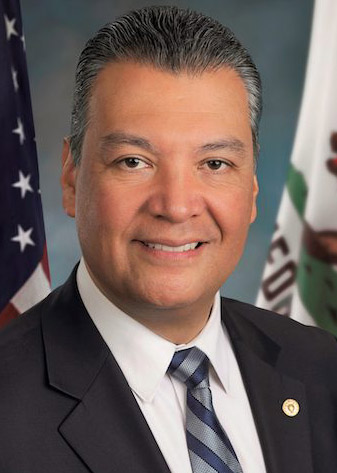
Padilla
Sen. Alex Padilla (D., Calif.) introduced the Fusion Energy Act (S. 4151) last month with a bipartisan group of cosponsors—John Cornyn (R., Texas), Cory Booker (D., N.J.), Todd Young (R., Ind.), and Patty Murray (D., Wash.). The legislation would codify the Nuclear Regulatory Commission’s regulatory authority over commercial fusion energy systems to streamline the creation of clear federal regulations that will support the development of commercial fusion power plants—and would require a report within one year on a study of risk- and performance-based, design-specific licensing frameworks for “mass-manufactured fusion machines.”
“Congress must do everything in its power to ensure continued U.S. leadership in developing commercial fusion energy facilities,” said Padilla as he introduced the bill. “The Fusion Energy Act would provide regulatory certainty for investors as the NRC develops and streamlines frameworks for such facilities.”

The U.S. Senate approved April 30—by unanimous consent—a bill banning the importation of Russian uranium. The House of Representatives passed the bill, House Resolution 1042, last fall, and now President Biden is expected to sign it into law.
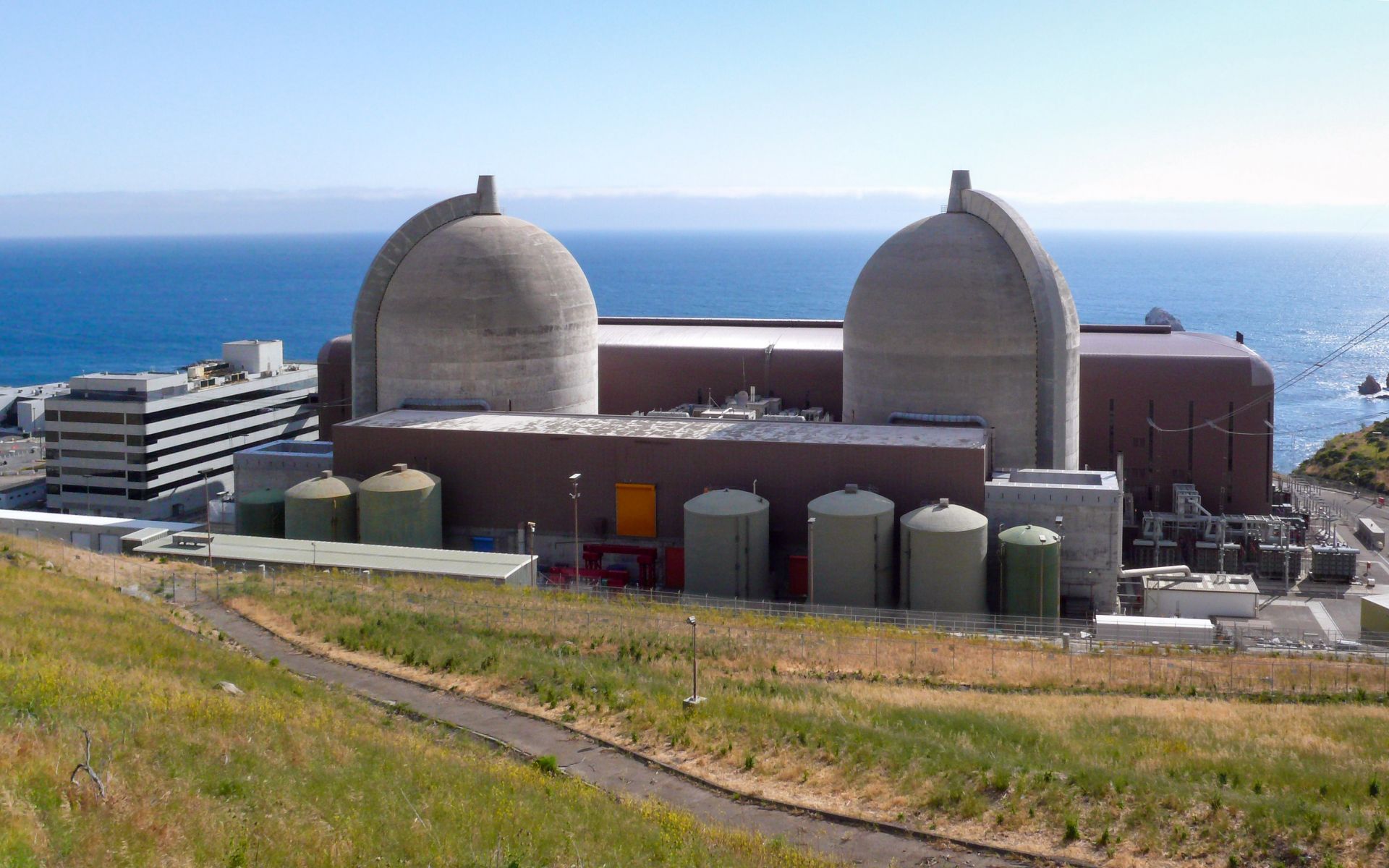
A review from the Ninth Circuit Court of Appeals this week denied a challenge to the Diablo Canyon nuclear plant’s license renewal application extension granted by the federal government.
In late 2023, the Nuclear Regulatory Commission agreed to formally docket the California plant’s request to extend plant operations beyond the current license expiration dates of 2024 and 2025 for the two respective units.
The Nuclear Regulatory Commission is issuing a proposed generic environmental impact statement (GEIS) for use in reviewing applications for new nuclear reactors.
In an April 17 memo, NRC secretary Carrie Safford wrote that the commission approved NRC staff’s recommendation to publish in the Federal Register a proposed rule amending 10 CFR Part 51, “Environmental Protection Regulations for Domestic Licensing and Related Regulatory Functions.”
Is a new generic repository standard on the horizon?
Funding in President Biden’s proposed fiscal year 2025 budget may signal movement toward the promulgation of a new generic Environmental Protection Agency standard for high-level nuclear waste repositories in the United States.
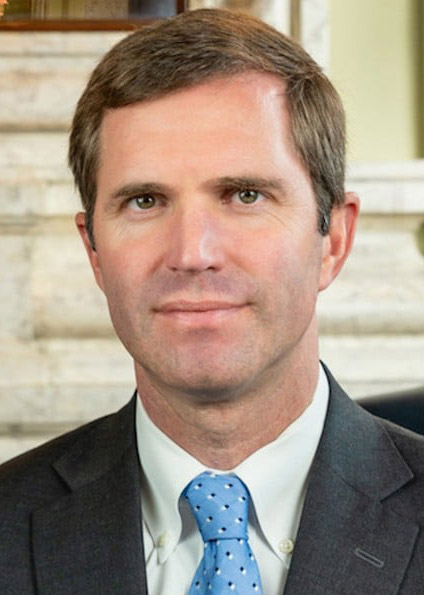
Beshear
Kentucky Gov. Andy Beshear vetoed legislation last week that would have supported a push to bring nuclear energy to the Bluegrass State.
The governor said his objection to Senate Bill 198 is due to how voting members for the Kentucky Nuclear Energy Development Authority would be selected—and that it is not a reflection on his views toward nuclear power. The bill as written would designate members of the board from the private sector, bypassing the appointment authority of the governor or other state constitutional officers.
“The legislature can’t just say, ’You in this position in the private sector and you in that position on a private sector association are automatically on a board,’ and then [be] given governing authority,” Beshear said at a news conference. “That’s not the way the executive branch works, not the way that the power can be delegated to carry out the law.”